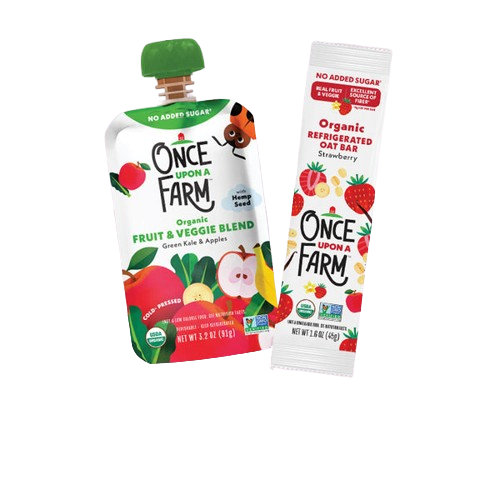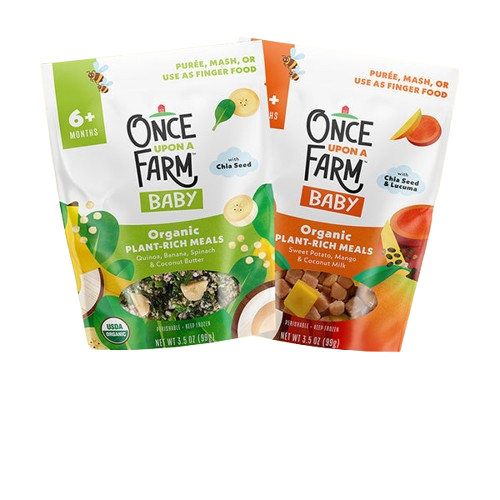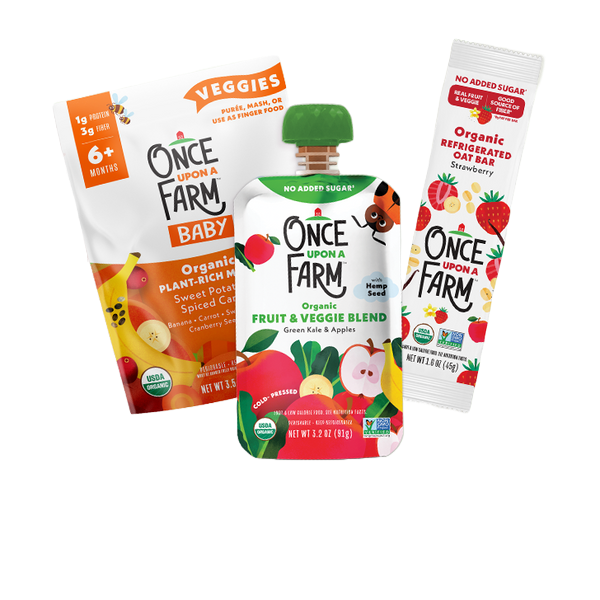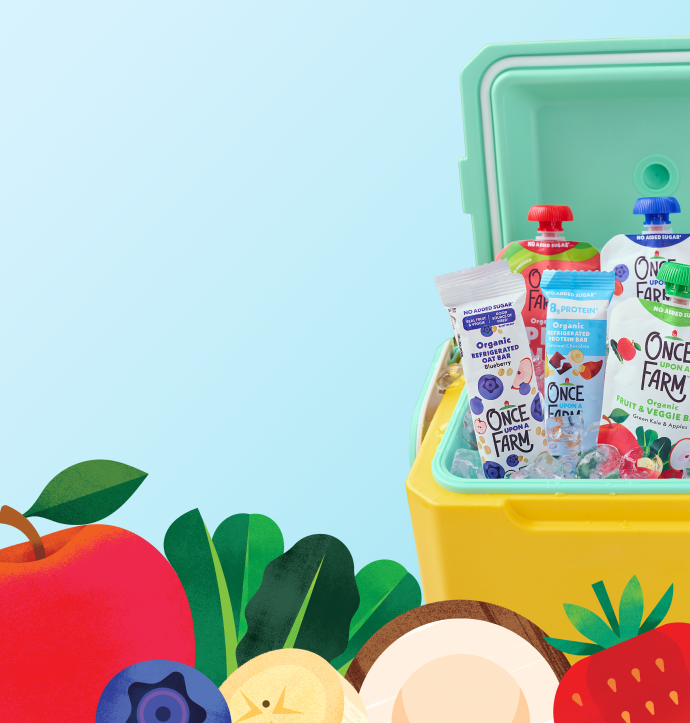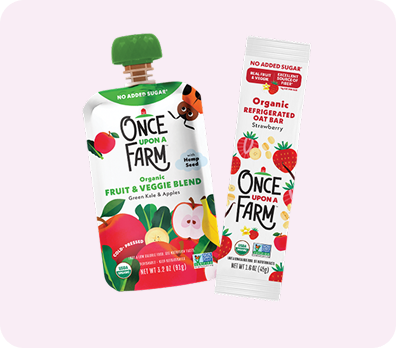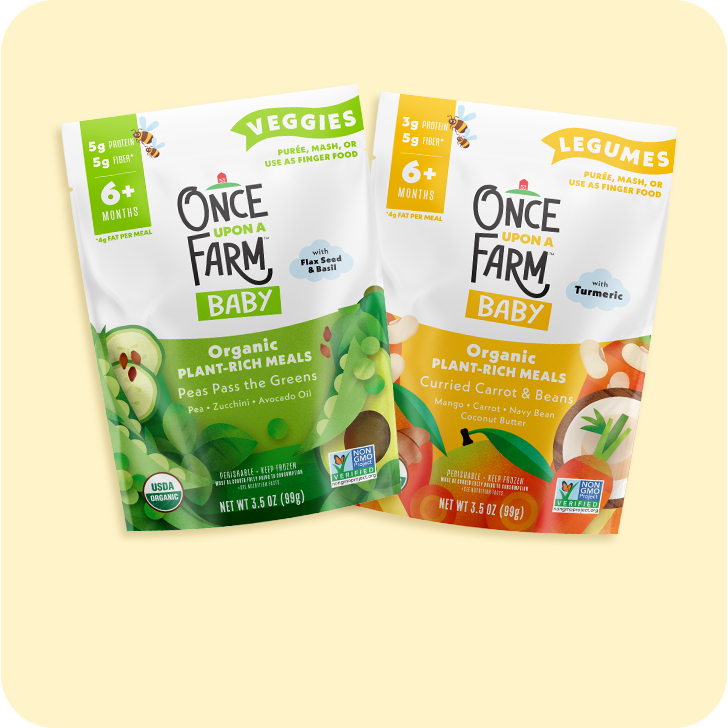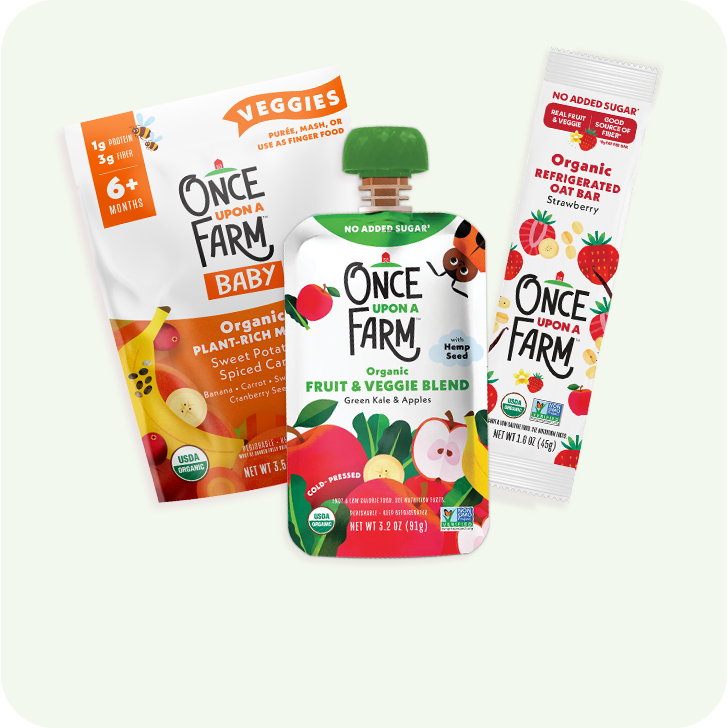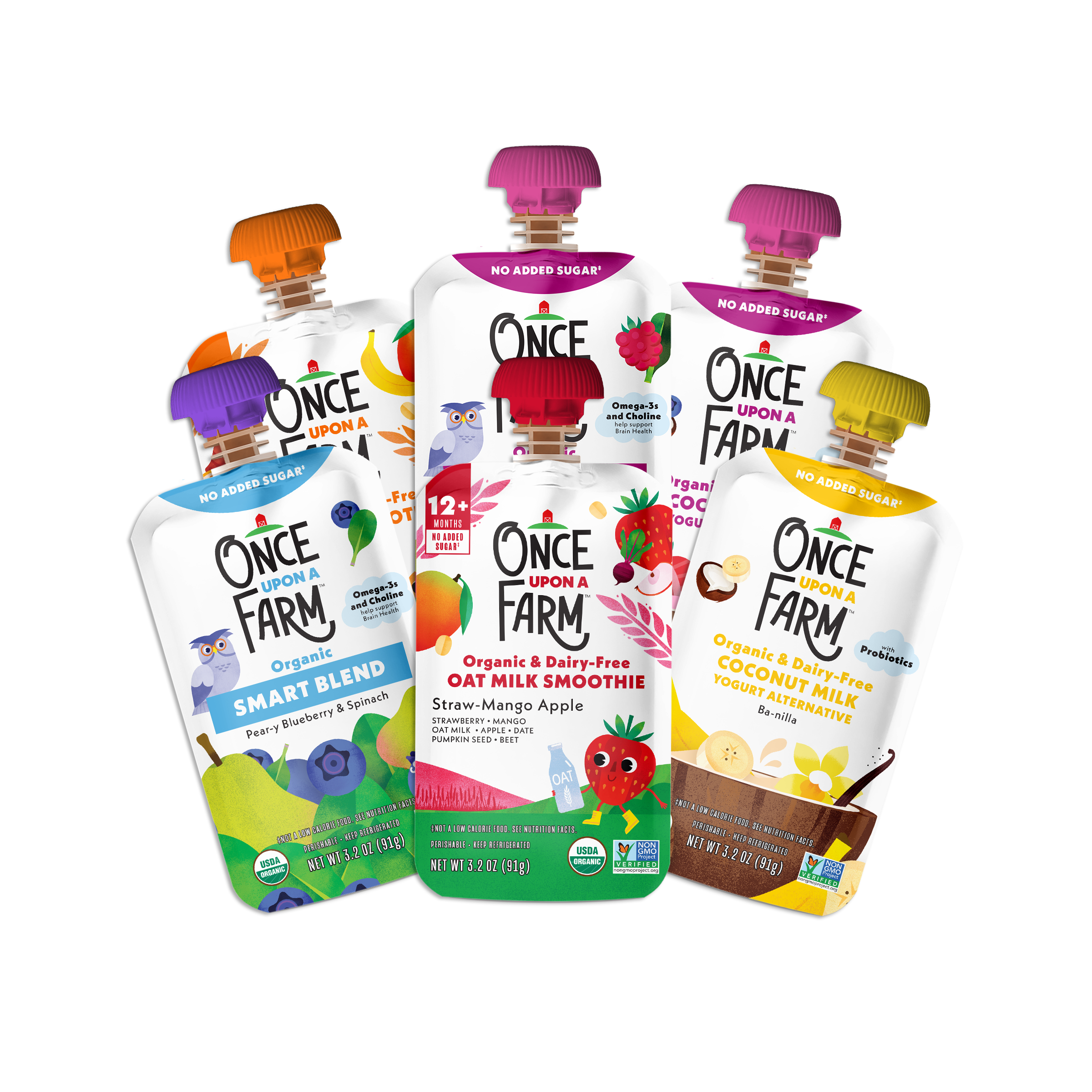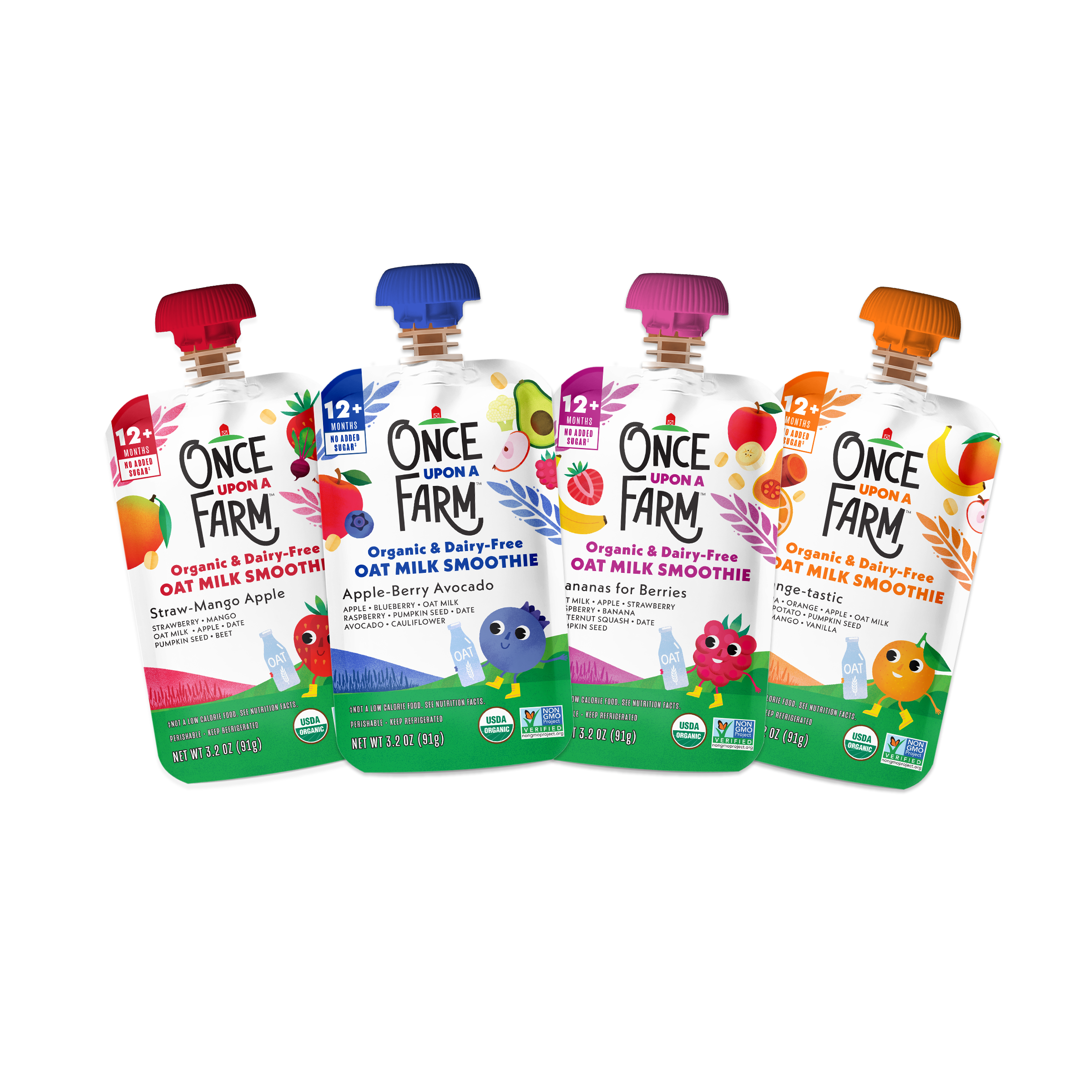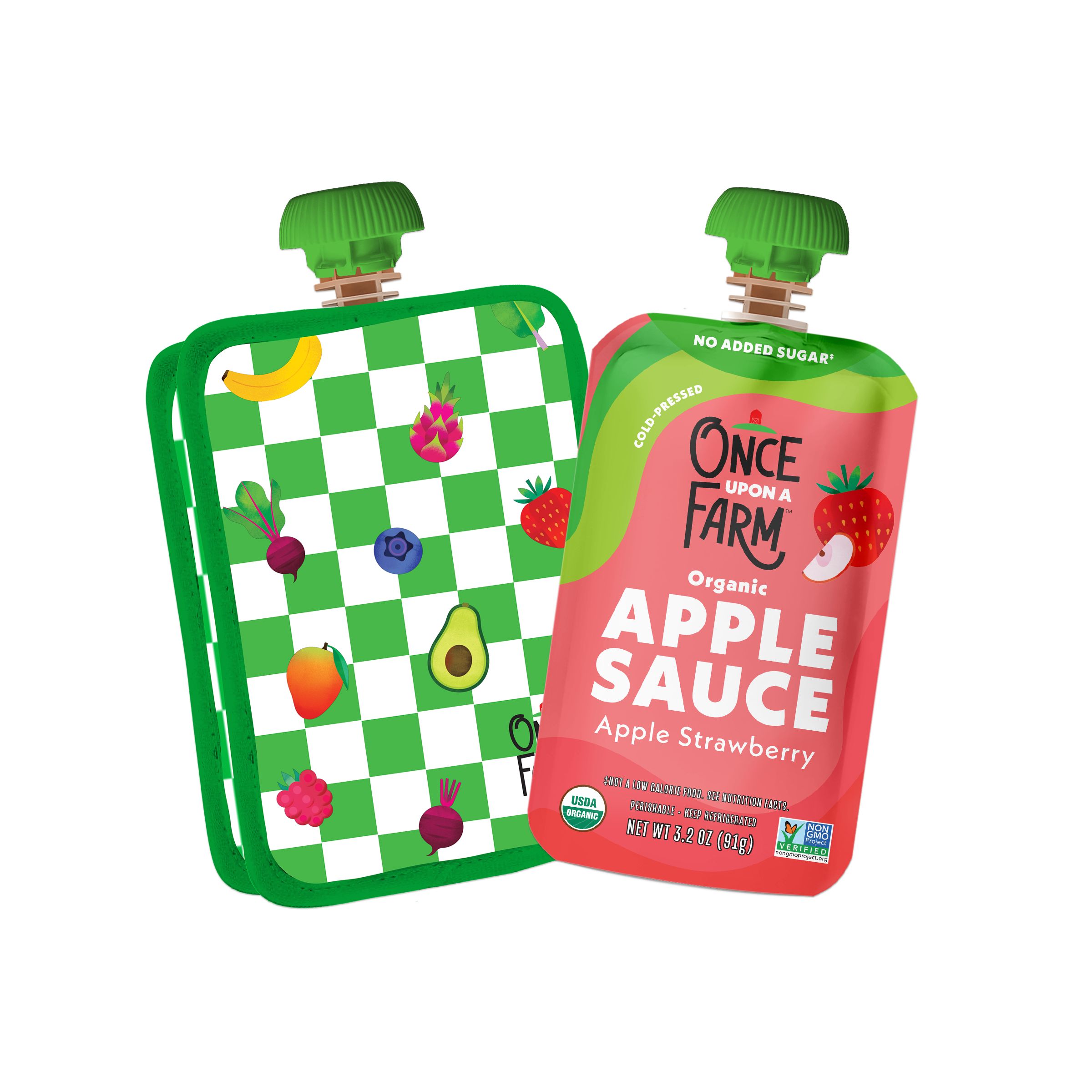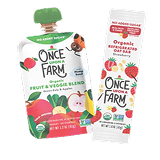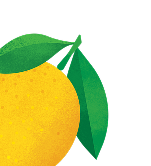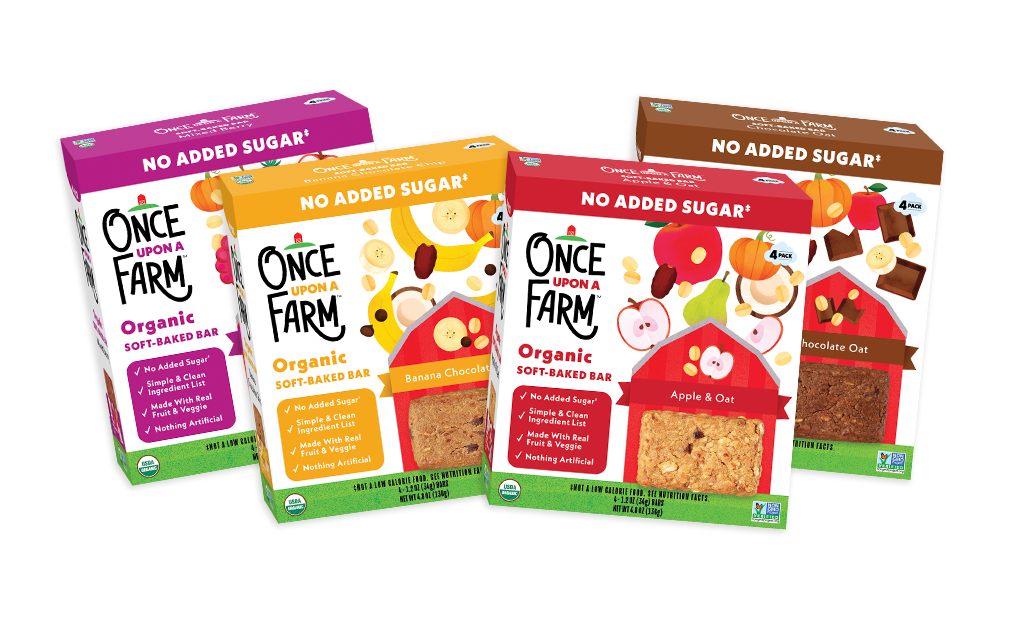In the ABCs of nutrients, zinc may be last, but it’s certainly not least. To help us understand the key role zinc plays in the health of our kiddos, we spoke with Child Neurologist and Development Specialist Shilpa Dass, MD.
The Benefits of Zinc
“Zinc is an essential mineral that plays an important role in our body’s immune function, growth, and brain development," Dr. Shilpa explains. Zinc aids in cell repair as well as wound healing. Additionally, it is crucial for both enzyme function and protein synthesis.
And what about for growing minds and bodies? “In children,” Dr. Shlipa explains, “adequate zinc intake helps ensure optimal cognitive function, attention, and learning ability as well as growth and immune function.” Zinc is vital for early brain development, helping in the formation of new brain cells and brain connection, both of which are key for learning and memory. “It also plays a role in regulating neurotransmitters that can influence mood, attention, and behavior," she says.
According to studies, zinc deficiency early in life can negatively impact cognitive development. This may contribute to issues like inattention and slower learning. “Mild zinc deficiencies can cause feeding difficulties, poor growth, and depressed immunity," says Dr. Shilpa.
How much zinc do babies and kids need?
The recommended daily intake of zinc varies by age:
- 0–6 months: 2 mg per day
- 7–12 months: 3 mg per day
- 1–3 years: 3 mg per day
- 4–8 years: 5 mg per day
- 9–13 years: 8 mg per day
- 14+ years: 11 mg (boys), 9 mg (girls) per day
The Best Food Sources of Zinc
Thankfully, zinc is found in a variety of foods and, as Dr. Shilpa shares, “A well-balanced diet typically provides enough for growing children.” Some of the most readily available sources are listed below.
Animal Sources of Zinc
- Beef
- Chicken
- Turkey
- Pork
- Eggs
- Shellfish
Plant-Based Sources of Zinc
- Legumes (lentils, chickpeas, beans)
- Nuts (cashews, almonds)
- Seeds (pumpkin, hemp, sesame)
- Whole grains
- Dairy products
Fortified foods can also be high in zinc. Various cereals and snacks are fortified with zinc to help meet daily needs.
When would zinc supplements be appropriate for kids?
Most children who have a well-balanced diet will get enough zinc, especially with foods fortified with zinc. However, supplementation may be required for selective eaters or if your child has dietary restrictions that would stop them from eating the foods listed.
“For instance,” Dr. Shilpa shares, “children on a vegan diet may not be getting enough zinc due to not consuming meat, dairy or eggs, and should consider how much zinc they are getting from fortified grains, legumes, nuts and seeds, since fruits and vegetables are low in zinc.”
She adds that children with medical conditions that affect absorption may consider a supplement—like those with celiac disease, sickle cell disease, or inflammatory bowel disease—because they may not be absorbing as much zinc as they need.
Before giving supplements, Dr. Shilpa recommends discussing the issue with your pediatrician to ensure your child is receiving the correct dosage, and to avoid excess zinc intake as this can interfere with other mineral absorption like copper.
Whether they’re getting it from a well-balanced diet, or through fortified foods, zinc is an essential mineral for brain development, memory, attention, and learning. Crucial in supporting your little one’s cognitive growth, zinc should always be on your mind as you pack their plates.

